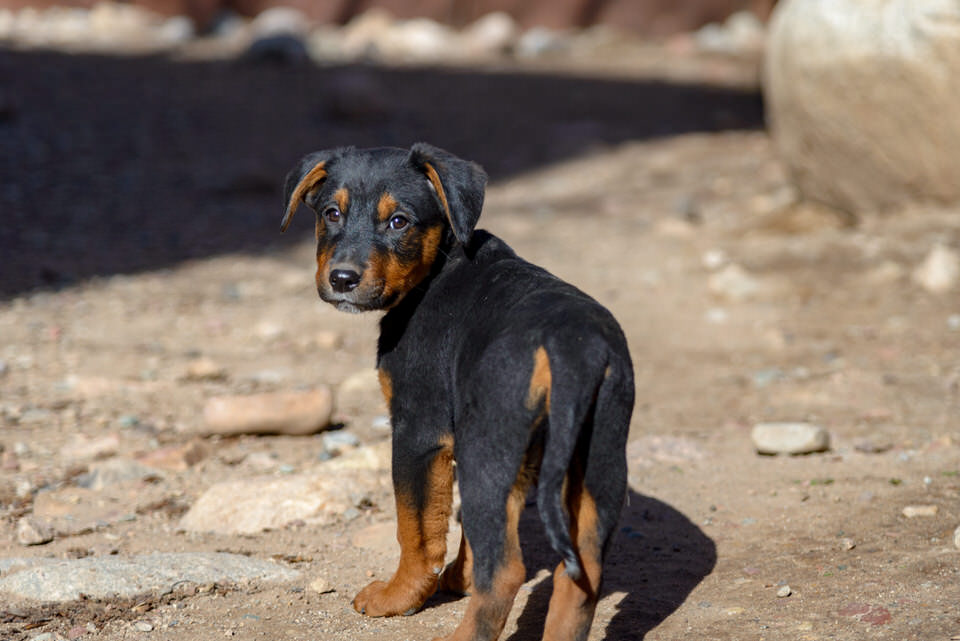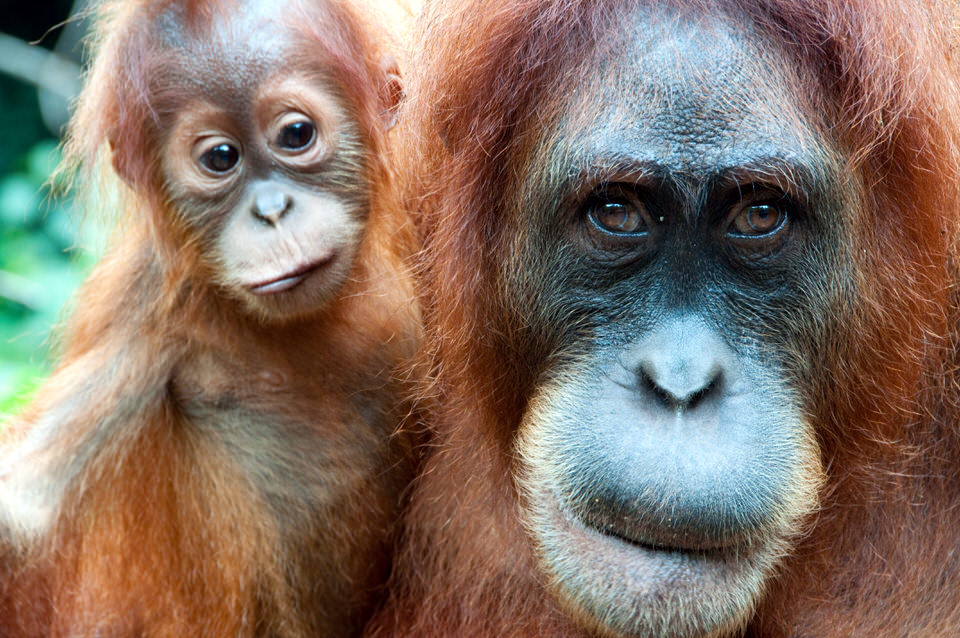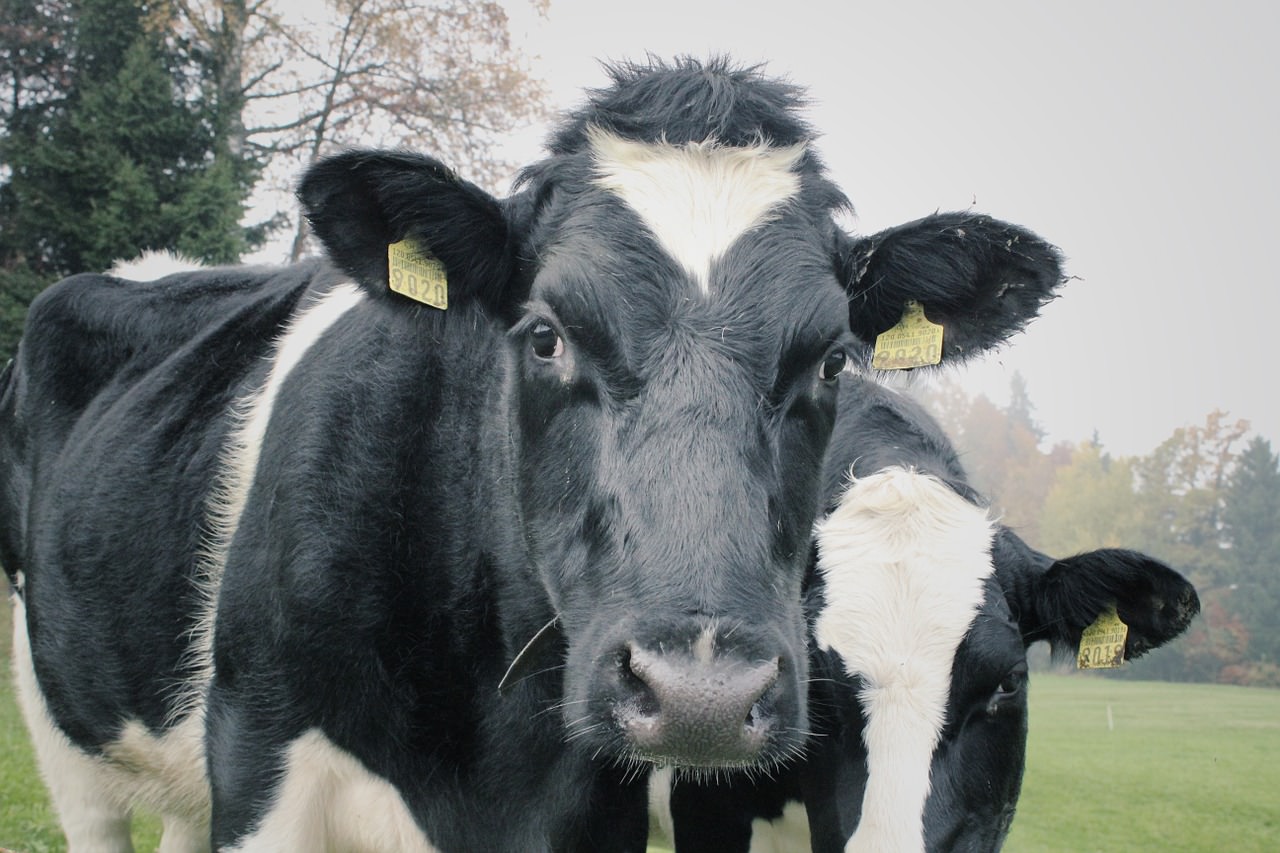Products marked with the V Sign are not tested on animals
- The meat
- Fish
- Sea food
- Ingredients derived from the slaughter of animals, i.e. hides, skins, hooves, horns, bristles, hair, animal hair
- Eggs and their derivatives
- Milk and milk products
- Honey and its products
- Intermediates and derivatives containing: rennet, gelatin, marrow, animal tallow, chitin, lanolin, collagen, cochineal, fish glue, fur, feathers, leather, suede, silk, wool, dairy products, animal flavors, preservatives of animal origin, etc.
- Animal-tested main ingredients and intermediate ingredients
- Palm oil and its derivatives *
* You can find more about palm oil by clicking on the button below.
Products marked with the V Sign do not contain any animal ingredients
For the production of food, chemical and cosmetic products and others, animal parts can be used as intermediate ingredients, no longer present in the final composition of the finished product, but used as an "intermediary" to create a raw material that will be used in the final product. An example is the production of juices or wine. In the case of these products, a clarification process is performed, i.e. cleaning the juice from cloudy sediment. For this process, you can use animal ingredients such as gelatin, fish glue, casein, chicken or mineral egg protein such as bentonite, kaolin, silica sol, activated carbon, tannin, copper sulphate, agar. These products are not present in the final product composition presented on the label.

Products marked with the V Sign are not tested on animals
Animal testing of products is a very complex issue. There are areas where testing of individual ingredients and finished products is legally required. It is mainly the pharmaceutical (drugs) and chemical (biocides) industries. It is in these areas that the law requires testing, and it is there that most animals are subjected to such tests. According to Cruelty Free International, more than 1 million animals worldwide are used for research in research laboratories each year.
The cosmetics industry is the only one that is prohibited from testing on animals. There is a total ban on animal testing of cosmetic products in the European Union. Polish law provides for heavy penalties for breaking this prohibition. (DZ.U. z dn. 29.11.2018, ustawa z dnia 4.10.2018). You cannot test finished products, individual ingredients of products on animals, or bring and sell tested products to the European Union. The ban on animal testing is also in force in other countries, e.g. Israel, India, Norway, Turkey, New Zealand, Taiwan ... The ban is already in force in 40 countries. In many other countries there is no prohibition of testing, but also no warrant, which means that in practice they are not done.

